Back to Courses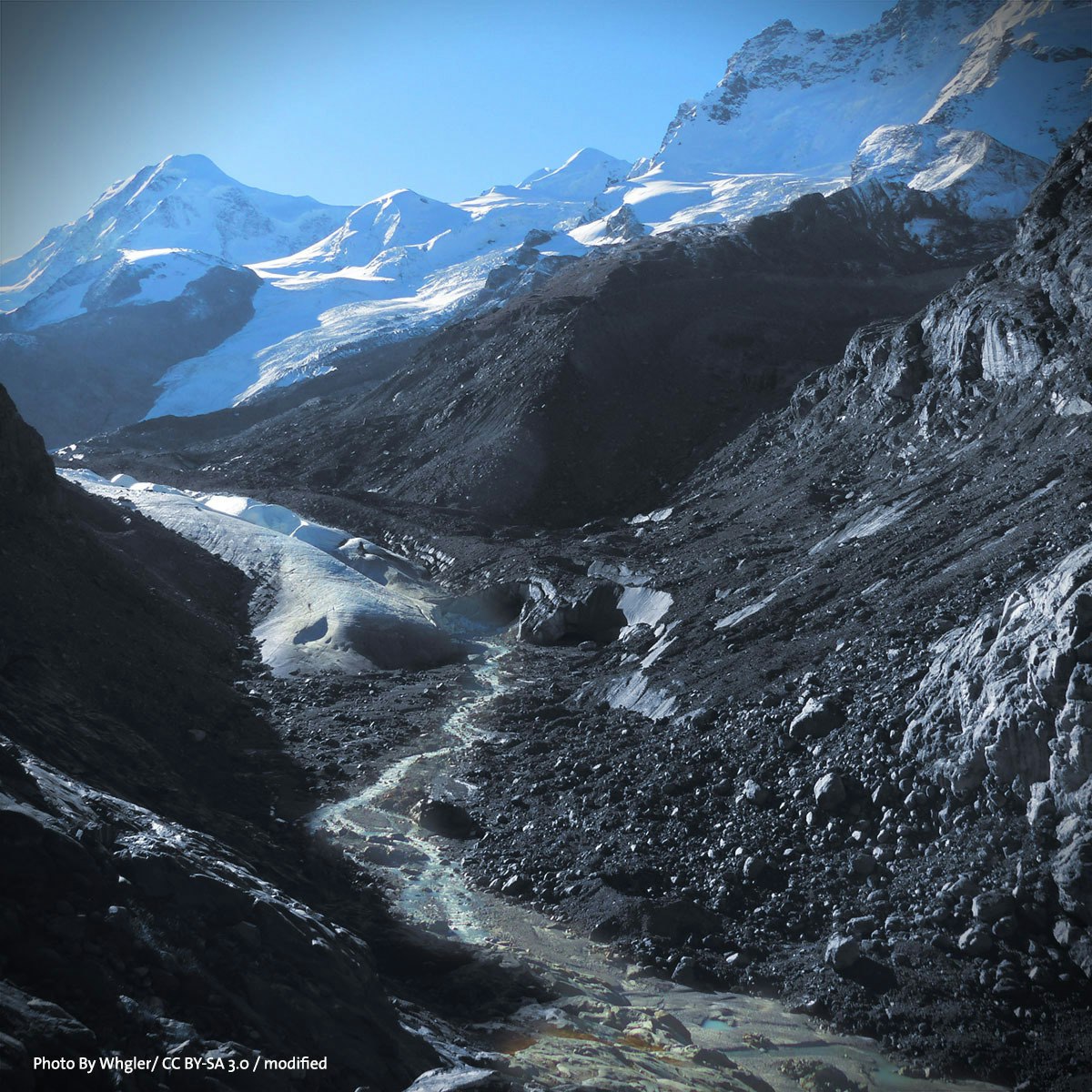
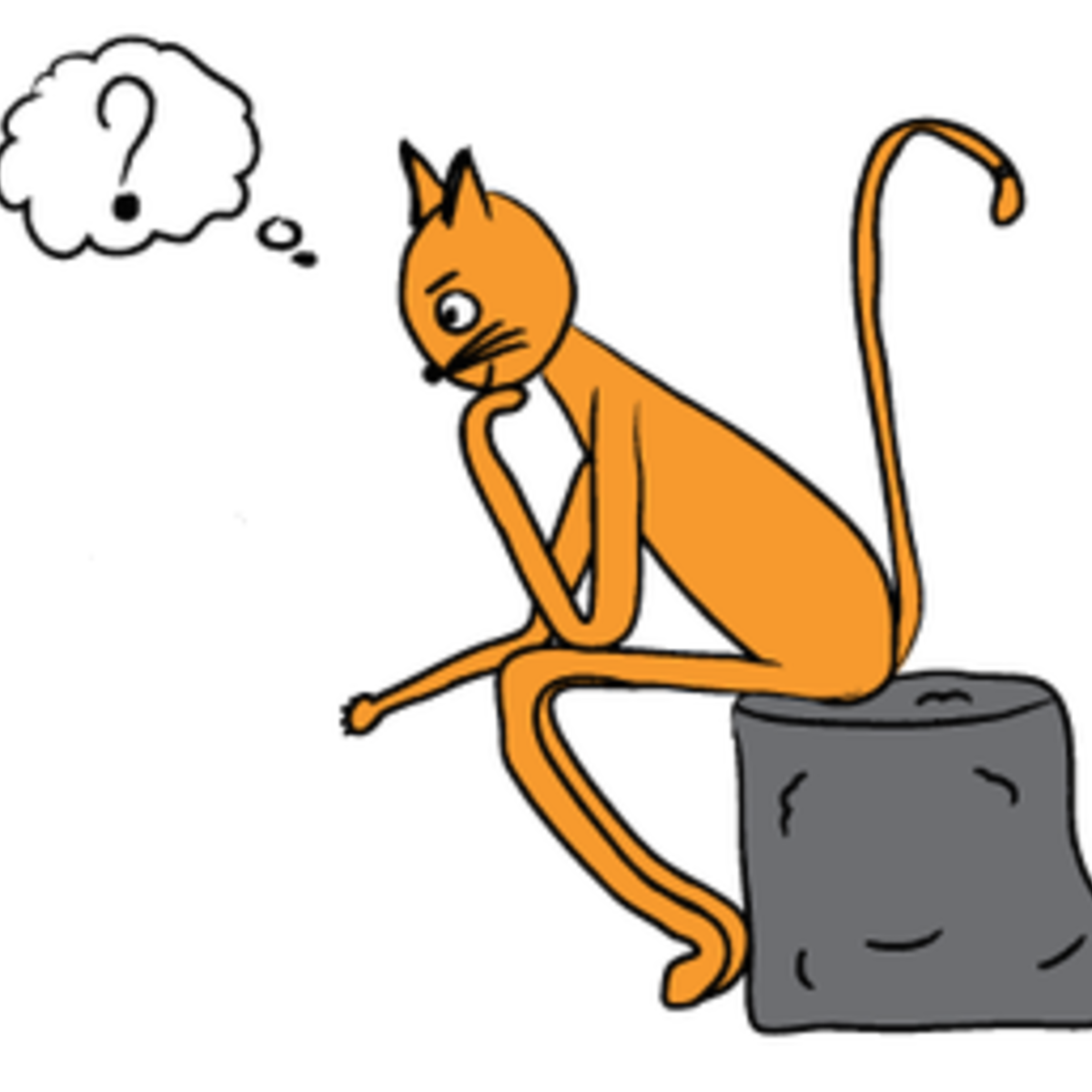



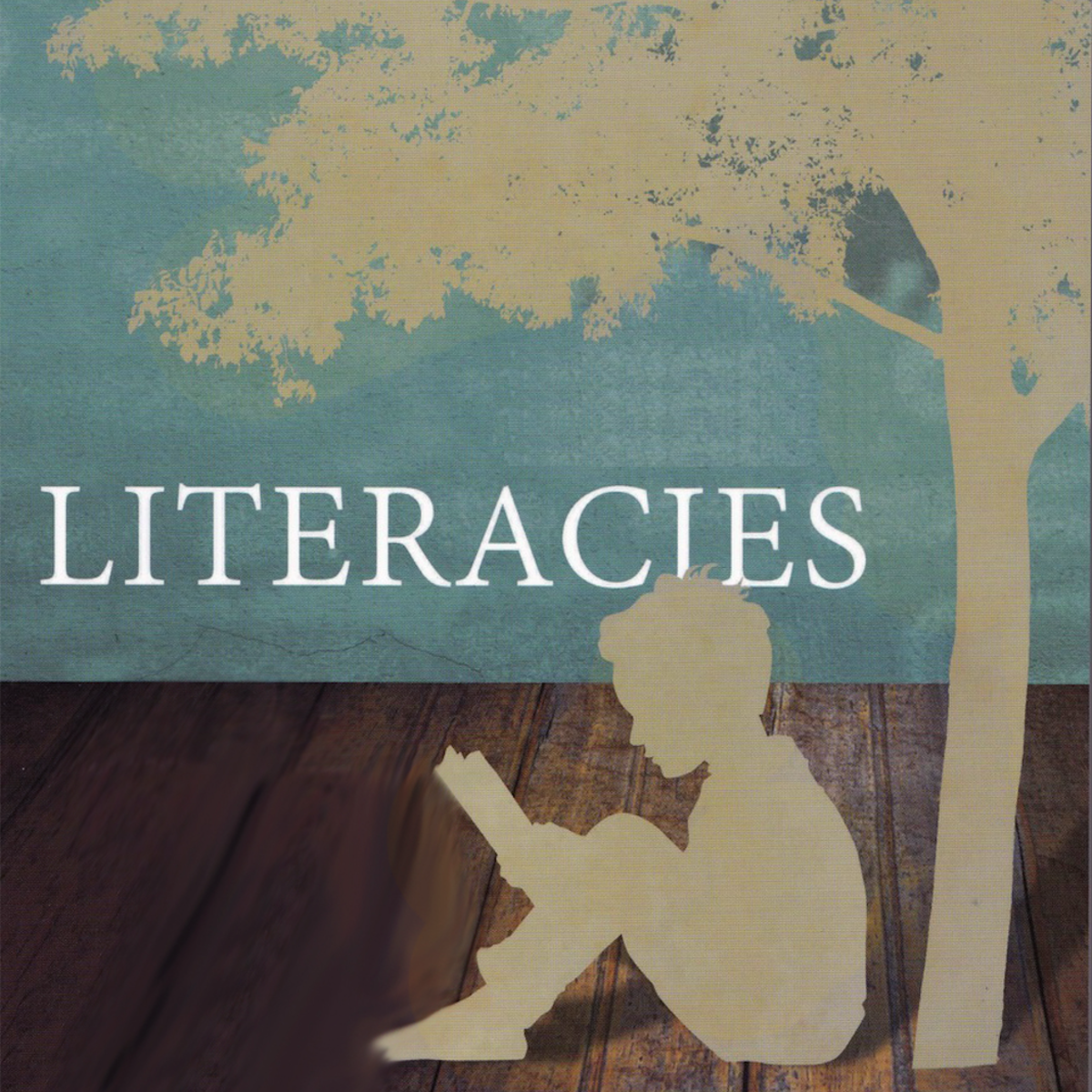
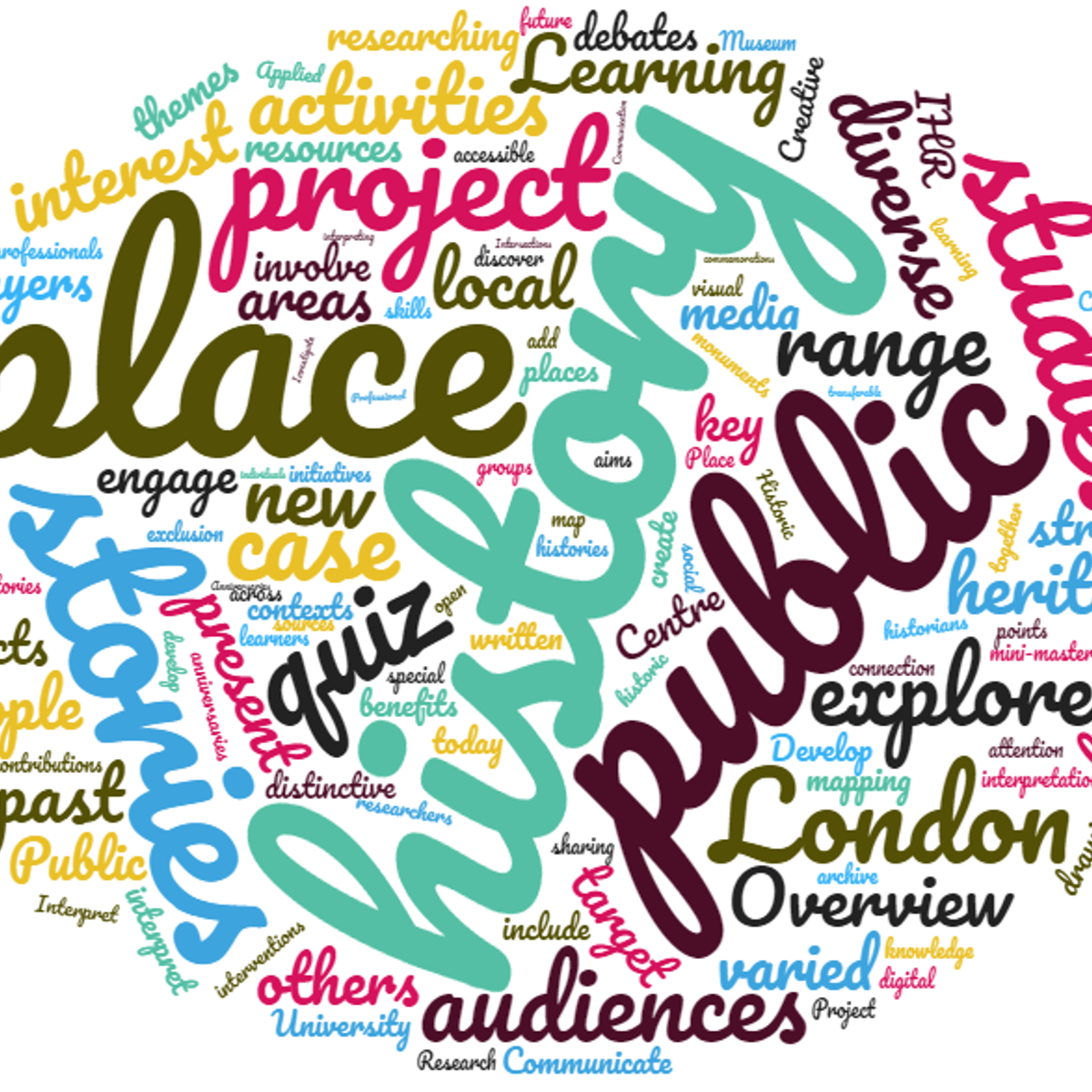
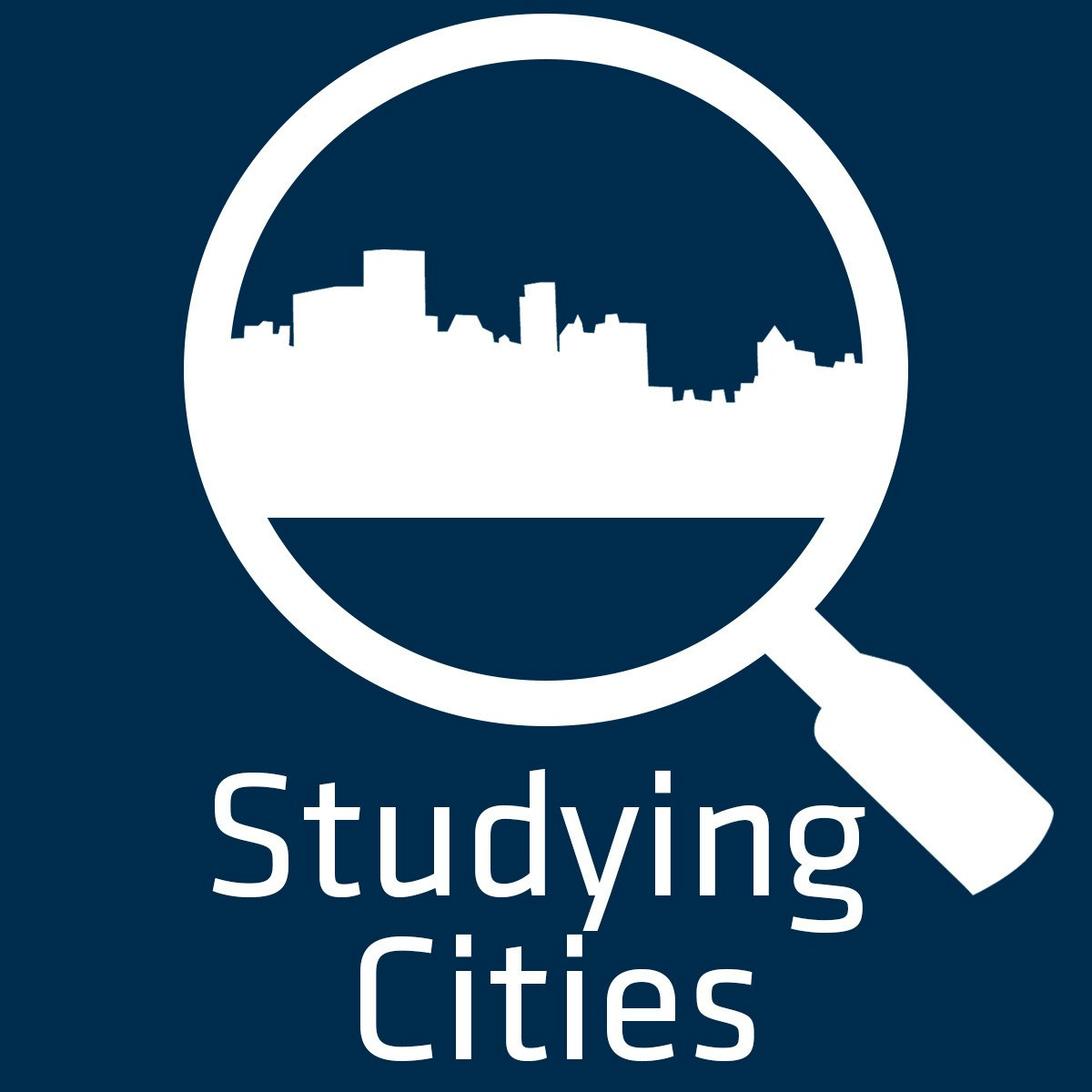
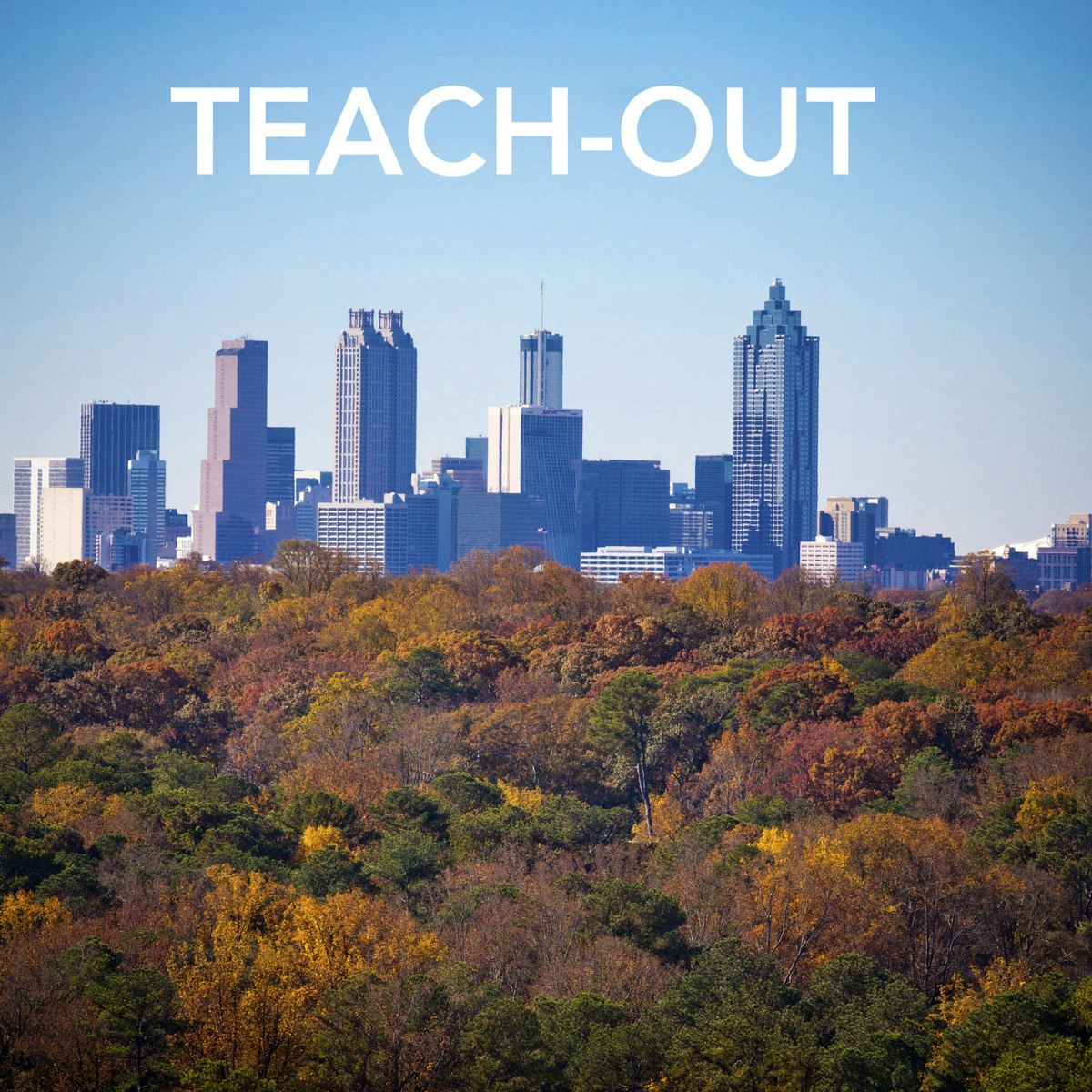

Social Sciences Courses - Page 5
Showing results 41-50 of 672

Climate Change and Water in Mountains: A Global Concern
What is climate change ? How are mountain regions affected by the evolution of water resources and their uses ? What kind of risks need to be considered ?
Mountains are recognized as particularly sensitive physical environments where intense and rapid changes have in the past, and may increasingly in the future, place pressure on their resource base.
In this context, a team of roughly 100 experts worked from 2008 to 2013 for the European ACQWA project (www.acqwa.ch) which was coordinated by the University of Geneva. The primary objectives of the project were to assess the impacts of a changing climate on the quantity and quality of water originating in mountain regions, particularly where snow- and ice melt represent a large, sometimes the largest, streamflow component. A further objective of the project was to determine the potential disruptions to water-dependent economic activities related to the climate impacts on hydrological systems, and to propose a portfolio of possible adaptation strategies.
This particular MOOC is inspired by the ACQWA Project and offers a better understanding of climate change, its impacts on the quality and quantity of water in mountain regions and the risks related to changing water resources. From an interdisciplinary perspective, the participation of twenty-five instructors from five different countries (Switzerland, England, South Korea, India and Nepal) and fourteen institutions (UNIGE, RTS, UNIFR, UZH, ETHZ, Meteodat GmbH, WGMS, Imperial College London, Agroscope, République et Canton de Genève, Yonsei University, IHCAP, ICIMOD, SDC, FOEN) highlights the diversity of both theoretical and practical viewpoints related to these issues.
By the end of this course, you will be able :
- to define the general concept of climate change in mountain regions
- to understand the concepts associated with climate change such as adaptation and water governance strategies
- to consider the impacts of climate change on water resources in mountain regions
- to identify the impacts of climate change on hydropower, agriculture, aquatic ecosystems and health
- to enumerate risks that can occur in mountain areas and lead to disruptions in water availability and use.
Your acquired knowledge will be evaluated through multiple-choice quizzes at the end of each unit of the course.
This MOOC on “Climate Change and Water in Mountain Regions : A Global Concern” was initiated and financed by the University of Geneva, through its Institute for Environmental Sciences.
We look forward to you joining us !

Qualitative Research Methods
In this course you will be introduced to the basic ideas behind the qualitative research in social science. You will learn about data collection, description, analysis and interpretation in qualitative research. Qualitative research often involves an iterative process. We will focus on the ingredients required for this process: data collection and analysis.
You won't learn how to use qualitative methods by just watching video's, so we put much stress on collecting data through observation and interviewing and on analysing and interpreting the collected data in other assignments.
Obviously, the most important concepts in qualitative research will be discussed, just as we will discuss quality criteria, good practices, ethics, writing some methods of analysis, and mixing methods.
We hope to take away some prejudice, and enthuse many students for qualitative research.

Teaching Infographics with Genially
Genially is “the tool that brings content to life.” Genially allows you to map out a learning journey for your students using high interest images and interactive tools. By the end of this project, you will be ready to engage your students by creating infographics to teach content and help students show their learning.

What does it mean to identify as Transgender or Gender Non-Conforming (TGNC)?
In the last decade transgender and gender nonconforming (TGNC) individuals have become increasingly visible in our families, culture, and public discourse. This course explores the concept of gender identity for people who are curious about the nature of gender, the process of gender affirmation, or changing social dynamics. Participants will learn the unique challenges faced by the TGNC population as well as develop the skills to build inclusive spaces in all spheres of their life. This course was developed under the Joycelyn Elders Chair in Sexual Health Education at the University of Minnesota.

People, Technology and the Future of Mobility
Welcome to the People Technology & Future of Mobility course! This course provides a lay-person’s introduction to some of the major technological innovations currently underway in the mobility space and asks learners to apply a variety of social science concepts to understand the likely social impacts of these technologies. The course is appropriate for learners from all backgrounds and does not require prior training in engineering or social science.
The content presented in this course draws on a number of interviews and lectures and was created through a partnership with Siemens.
This course challenges learners to envision mobility of the future that is safer, cleaner, and more equitable. We will examine recent technological advances, as well as the socio-economic and policy implications, of two major evolving mobility-related technology spaces: electrification and automation.

Literacy Teaching and Learning: Aims, Approaches and Pedagogies
This course opens with an exploration of the social context and aims of literacy teaching and learning. It goes on to describe a range of historical and contemporary approaches to literacy pedagogy, including didactic, authentic, functional, and critical approaches. The course takes has a 'Multiliteracies' perspective, which aims to expand the definition of literacy to encompass today's multimodal communications, and the diversity of literacies across different social and culltural contexts. A Multiliteracies approach also suggests a broad range of activity types—experiential, conceptual, analytical and critical.
--------------------------------
Recommended Background
--------------------------------
This course is designed for people interested in literacy teaching and learning, including people who may wish to join education as a profession, practicing teachers interested in exploring future directions for a vocation that is currently undergoing transformation, and community and workplace leaders who regard their mission to be in part "educative."
--------------------------------
Related Resources
--------------------------------
Online resources are available here:
https://newlearningonline.com
Book:
https://www.amazon.com/Literacies-Mary-Kalantzis/dp/1107578698/ref=sr_1_1?qid=1661288799&refinements=p_27%3ABill+Cope&s=books&sr=1-1&text=Bill+Cope
--------------------------------
Join our Online Communities!
--------------------------------
CGScholar (Create an account and join the New Learning community)
https://cgscholar.com/community/community_profiles/new-learning/community_updates
Facebook
https://www.facebook.com/newlearningonline
Twitter
https://twitter.com/neolearning
--------------------------------
Take this Course for Credit at the University of Illinois
--------------------------------
This course has the same content and anticipates the same level of contribution by students in the Assessment for Learning course offered to graduate certificate, masters, and doctoral level students in the Learning Design and Leadership Program in the College of Education at the University of Illinois.
Of course, in the nature of MOOCs many people will just want to view the videos and casually join some of the discussions. Some people say that these limited kinds of participation offer evidence that MOOCs suffer from low retention rates. Far from it – we say that any level of engagement is good engagement.
On the other hand, if you would like to take this course for credit at the University of Illinois, you will find more information about our program here:
https://ldlprogram.web.illinois.edu/overview/
And you can apply here:
https://education.illinois.edu/epol/programs-degrees/ldl
--------------------------------
The Learning Design and Leadership Series of MOOCs
--------------------------------
This course is one of a series of eight MOOCs created by Bill Cope and Mary Kalantzis for the Learning Design and Leadership program at the University of Illinois. If you find this MOOC helpful, please join us in others!
e-Learning Ecologies: Innovative Approaches to Teaching and Learning for the Digital Age
https://www.coursera.org/learn/elearning
New Learning: Principles and Patterns of Pedagogy
https://www.coursera.org/learn/newlearning
Assessment for Learning
https://www.coursera.org/learn/assessmentforlearning
Learning, Knowledge, and Human Development
https://www.coursera.org/learn/learning-knowledge-human-development
Ubiquitous Learning and Instructional Technologies
https://www.coursera.org/learn/ubiquitouslearning
Negotiating Learner Differences: Towards Productive Diversity in Learning
https://www.coursera.org/learn/learnerdifferences
Literacy Teaching and Learning: Aims, Approaches and Pedagogies
https://www.coursera.org/learn/literacy-teaching-learning
Multimodal Literacies: Communication and Learning in the Era of Digital Media
https://www.coursera.org/learn/multimodal-literacies

Applied Public History: Places, People, Stories
This course introduces learners to applied public history: understanding and interpreting the past today, and engaging diverse communities in the practice of making and sharing histories. The course draws on project case studies, expert insights and diverse perspectives to model exciting approaches to researching and sharing the history of places and people. Learners will develop a toolkit to apply in their own practice, by participating in discussion, quizzes, creative activities and mini masterclasses.
What kinds of stories can we discover through research into the history of places and people? How do we engage diverse communities with those stories today? What kinds of imaginative approaches can we use to interpret the past? And what tools and opportunities can we create to include new groups and individuals in local research initiatives? Led by the Centre for the History of People, Place and Community at the Institute of Historical Research, University of London – the UK’s national centre for history – this course investigates these questions and helps learners develop transferable approaches to their own local history and heritage interpretation.

Studying Cities: Social Science Methods for Urban Research
Welcome!
Are you looking to learn more about how to conduct scientific research, specifically in an urban or local context? Then you have found the right course: Studying Cities: Social Science Methods for Urban Research by the Institute for Housing and Urban Development Studies (IHS), Erasmus University Rotterdam. During the course you will gain more insight in the different steps of the research cycle, and build a firm foundation for your own future research endeavors.
Before any (urban) researcher may start conducting research, it is crucial to understand the different aspects and elements of doing research. The course will guide you through the various steps of the research cycle to provide you with the basic knowledge necessary for any Master-level program, but with a special focus on urban and local development. The course starts with introductory lectures on the problem statement, research objective, empirical cycle and the research question. Over the following weeks you will also learn the components and criteria of the theoretical framework and operationalization, research strategies, and the collection and analysis of quantitative and qualitative data. You will be provided with the necessary tools to understand and evaluate these key steps in scientific research by watching video lectures with in-video questions and by completing the final peer review, which will use all the elements you have learnt throughout the course.

"Making" Progress Teach-Out
What is “progress”? How do we decide when we’re moving forward and not taking steps backward? And how do we explore the idea of progress around public sites of memory? This Teach-Out is an invitation to think about what progress means, and how you can look for it wherever you are—in your city, community, or neighborhood—and reflect upon your own ideas about the place you live in.
Changes in the built environment of our communities are themselves the result of human actions and intentions, such as municipal planning, commercial enterprises, or communities transforming their own space. In other words, in our cities we can see the results of our plans—our attempts to create and shape the future. Neighbors, political groups, corporations, governments, schools, and other organizations, they all shape the community, leaving traces that allow us to see in what directions they transformed our lives.
This Teach-Out will ask the following questions:
• What are the forces that shape and change the places we inhabit?
• How do people connect with places in our modern cities?
• Do places progress?
• How can we measure in them whether there is any “progress”?
We will interview a number of people who work in Atlanta, Georgia, but the questions and places we will see here are comparable to many of other places in the world on what it means to progress. In this Teach-Out you will learn how to find the history of public spaces in any community and how to reflect upon the idea of progress. Finally, you can join a conversation to discuss what has been explored, uncovered, and possibly transformed both within ourselves and our communities.
A Teach-Out is:
– an event – it takes place over a fixed, short period of time
– an opportunity – it is open for free participation to everyone around the world
– a community – it will be joined by a large number of diverse individuals
– a conversation – an opportunity to give and take ideas and information from people
This community learning event invites participants from around the world to come together in conversation with the Emory campus community, including faculty experts. This Teach-Out is part of Emory’s commitment to engage the local and global community in exploring and understanding problems, events, and phenomena most important to our society.
Originating from University of Michigan (Teach-Out.org), Teach-Outs are short learning experiences focused on a specific current issue. Attendees will come together over a few days not only to learn about a subject or event but also to gain skills. Teach-Outs are open to the world and are designed to bring together individuals with wide-ranging perspectives in respectful and deep conversation. These events are an opportunity for diverse learners and a multitude of experts to come together to ask questions of one another and explore new solutions to the pressing concerns of our global community. Come, join the conversation!

Teaching with Google Classroom
This is a self-paced lab that takes place in the Google Cloud console.
As a teacher with Google Workspace for Education, use Google Classroom to set up a class; set up communication with Gmail and Google Meet through the class page; create assignments; and use Calendar to keep the class on schedule and students aware of deadlines.
Popular Internships and Jobs by Categories
Find Jobs & Internships
Browse
© 2024 BoostGrad | All rights reserved